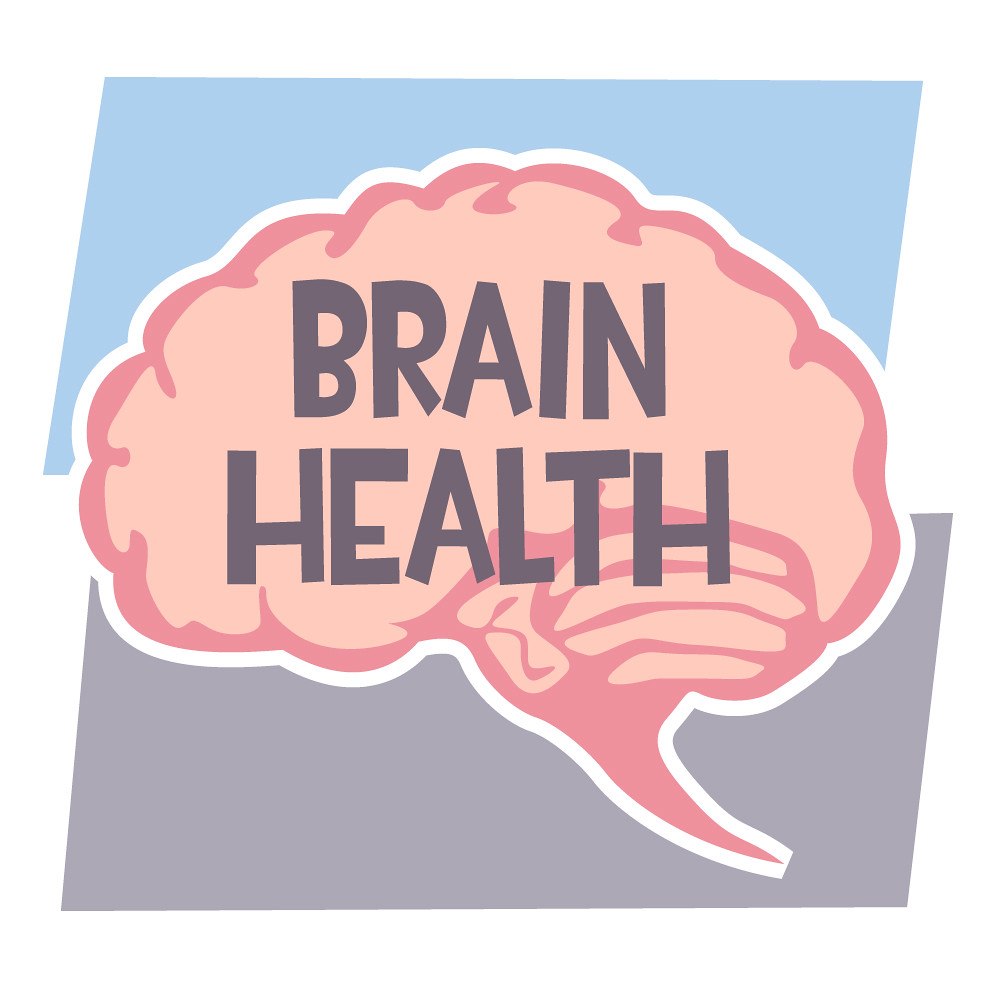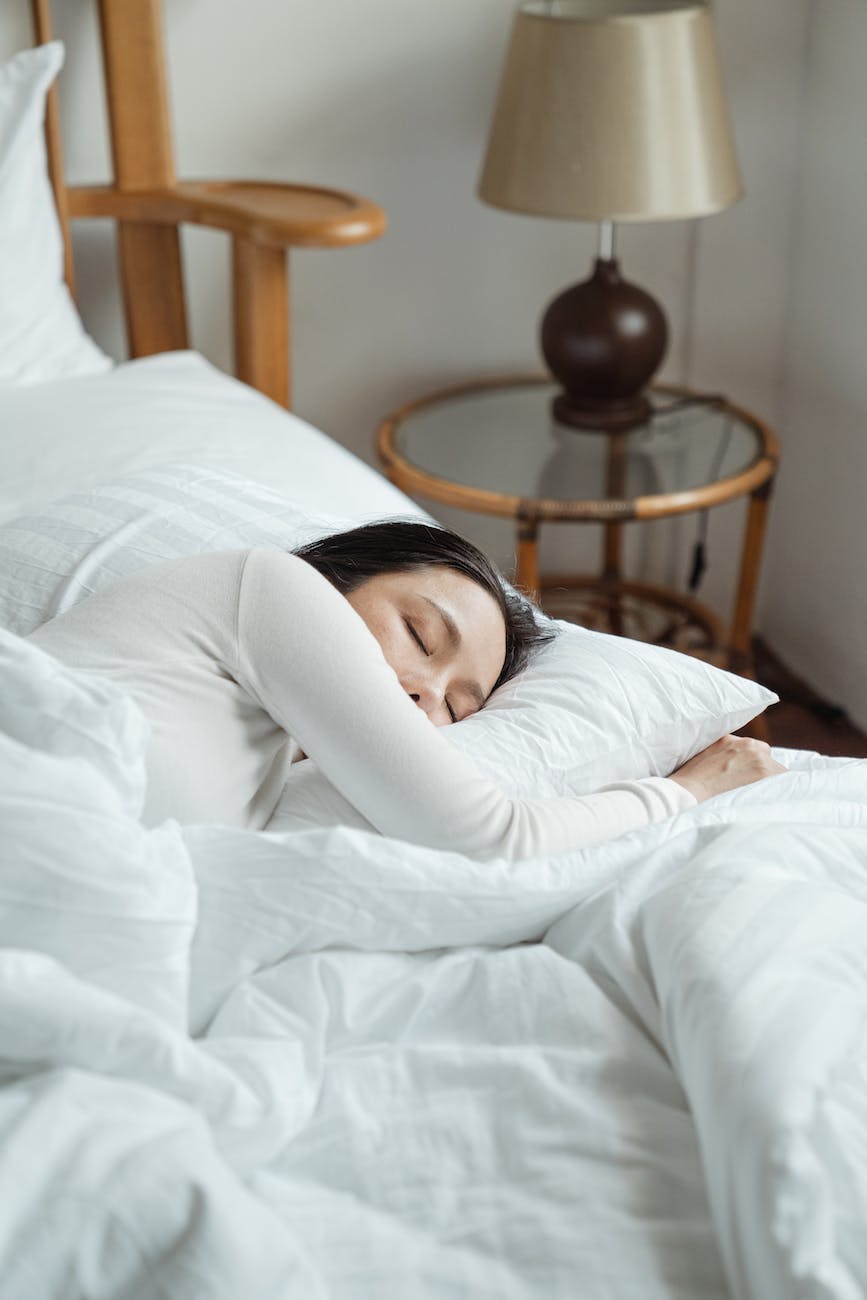
The Ultimate Guide to Psychobiotics: Unlocking the Gut-Brain Connection
1. Introduction
The human body is a marvel, a complex interplay of systems that work in harmony. But did you know that your gut and brain communicate in a language of their own? Welcome to the world of psychobiotics, where the mysteries of the gut-brain connection unfold.
Key Takeaways:
- The gut is often referred to as the “second brain.”
- Psychobiotics play a pivotal role in mental well-being.
- Understanding this connection can revolutionize mental health treatments.
2. What Are Psychobiotics?
In the vast realm of probiotics, there’s a subcategory that’s been making waves in the scientific community: psychobiotics. But what exactly are they?
2.1 Definition and Classification
At its core, the term “psychobiotics” refers to live organisms that, when ingested in adequate amounts, produce a health benefit in patients suffering from psychiatric illness. They are not just any probiotics; they are the ones with proven mental health benefits.
Types of Psychobiotics:
- Probiotics: Live bacteria that confer health benefits to the host.
- Prebiotics: Non-digestible food ingredients that promote the growth of beneficial microorganisms in the intestines.
- Postbiotics: Bioactive compounds produced by food-grade microorganisms during fermentation.
2.2 Distinctive Features
What sets psychobiotics apart from conventional probiotics? It’s their unique ability to influence the brain.
- Neurotransmitter Production: Some psychobiotics can produce neurotransmitters, like serotonin and dopamine, which play a crucial role in mood regulation.
- Anti-inflammatory Properties: Chronic inflammation is linked to depression. Psychobiotics can reduce inflammatory markers, potentially alleviating depressive symptoms.
- Stress Reduction: Certain strains can reduce levels of the stress hormone cortisol, promoting a sense of calm.
Did You Know? The gut produces about 90% of the body’s serotonin, a neurotransmitter that regulates mood, appetite, and sleep.
3. The Science Behind Psychobiotics
The gut-brain connection might sound like science fiction, but it’s very real. This bi-directional communication system is vital for maintaining both gut and brain health.
3.1 The Role of Neurotransmitters
Neurotransmitters are chemical messengers that transmit signals in the brain. Psychobiotics can influence their production and balance.
- Serotonin: Often called the “feel-good” neurotransmitter. A deficiency can lead to depression.
- Dopamine: Associated with pleasure and reward. It motivates us to take action towards goals.
- GABA: An inhibitory neurotransmitter that calms the nervous system. It counteracts the effects of stress.
3.2 The Gut-Brain Axis
The gut-brain axis is a complex system of communication between the gut and the brain. It involves neural, endocrine, and immune pathways.
Key Components:
- Vagus Nerve: The primary neural pathway between the gut and the brain.
- Short-chain Fatty Acids (SCFAs): Produced by gut bacteria during fermentation. They have anti-inflammatory properties and can influence brain function.
- Enteroendocrine Cells: These cells in the gut lining produce neurotransmitters and communicate with the brain.
Impact on Mental Health: Disruptions in the gut-brain axis can lead to various mental health issues, including anxiety, depression, and even neurodegenerative diseases.
3.3 Recent Discoveries
Recent research has unveiled some groundbreaking findings:
- Gut Microbiome Diversity: A diverse gut microbiome is linked to better mental health. Reduced diversity is often seen in depression and anxiety patients.
- Probiotic Interventions: Clinical trials have shown that specific probiotic strains can reduce symptoms of depression and anxiety.
The science of psychobiotics is still in its infancy, but the discoveries so far are promising. As we delve deeper, we’re bound to uncover more about this fascinating gut-brain connection.
4. Benefits of Psychobiotics
The world of psychobiotics is not just about understanding the gut-brain connection; it’s about harnessing this knowledge for tangible health benefits. Let’s delve into the myriad ways psychobiotics can enhance our well-being.
4.1 Mental Health Benefits
The mind-gut relationship has profound implications for mental health. Here’s how psychobiotics can make a difference:
- Combating Depression: Studies have shown that certain psychobiotics can elevate mood by increasing serotonin levels, the body’s natural mood stabilizer.
- Alleviating Anxiety: By reducing inflammation and regulating neurotransmitters, psychobiotics can help manage anxiety symptoms.
- Stress Reduction: Psychobiotics can decrease cortisol levels, the body’s primary stress hormone, promoting relaxation and resilience.
- Improved Cognitive Function: There’s emerging evidence that a healthy gut can enhance cognitive abilities, including memory and concentration.
Highlight: A study found that individuals taking a combination of Lactobacillus and Bifidobacterium strains experienced reduced depressive symptoms and overall better quality of life.
4.2 Physical Health Benefits
While the mental health benefits are profound, the physical advantages are equally compelling:
- Enhanced Digestion: A balanced gut microbiome aids in the efficient breakdown of food, absorption of nutrients, and elimination of waste.
- Reduced Inflammation: Chronic inflammation is a root cause of many diseases. Psychobiotics can help mitigate this by producing anti-inflammatory compounds.
- Boosted Immunity: A healthy gut is pivotal for a robust immune response. Psychobiotics can enhance the body’s defense mechanisms against pathogens.
- Weight Management: Some psychobiotics can influence appetite-regulating hormones, potentially aiding in weight management.
Did You Know? The gut microbiome plays a role in nutrient absorption. An imbalance can lead to deficiencies, even if you’re eating a balanced diet.
5. Top Psychobiotics for Mental Health
With a plethora of probiotics on the market, which ones hold the title of “psychobiotics”? Here’s a curated list:
- Lactobacillus rhamnosus: Research suggests this strain can reduce anxiety and depression symptoms, especially when combined with other beneficial strains.
- Bifidobacterium longum: Known for its anti-anxiety effects, this strain can also enhance the gut barrier, reducing inflammation.
- Lactobacillus helveticus: Studies have shown its potential in reducing cortisol levels, making it a valuable ally against stress.
- Bifidobacterium bifidum: This strain can positively influence mood by regulating the levels of serotonin in the brain.
Recommendation: When choosing a psychobiotic supplement, opt for one with multiple strains. The synergistic effect can enhance the overall benefit.
6. Incorporating Psychobiotics into Your Diet
Harnessing the power of psychobiotics doesn’t necessarily mean popping a pill. Here’s how you can integrate them into your daily diet:
6.1 Natural Food Sources
- Yogurt: A popular source of Lactobacillus and Bifidobacterium strains. Opt for plain, unsweetened varieties.
- Fermented Foods: Kimchi, sauerkraut, and kefir are rich in beneficial bacteria.
- Whole Grains: Foods like oats and barley act as prebiotics, feeding the beneficial bacteria in your gut.
6.2 Supplements and Products
If natural sources aren’t enough, supplements can be a viable option:
- Quality Matters: Choose reputable brands that guarantee the potency of their products.
- Diversity: Opt for products that offer a mix of strains for a comprehensive approach.
Tip: Always consult with a healthcare professional before starting any supplement regimen.
7. Potential Side Effects and Precautions
While psychobiotics offer numerous benefits, it’s essential to be aware of potential side effects and take necessary precautions:
8.1 Common Side Effects
- Digestive Discomfort: Some individuals might experience bloating, gas, or diarrhea initially. These symptoms usually subside as the body adjusts.
- Headaches: Rare but possible, especially if consuming high amounts of histamine-producing strains.
8.2 Precautions
- Start Slow: If you’re new to psychobiotics, begin with a lower dose and gradually increase.
- Monitor Reactions: Everyone’s body is different. Pay attention to any adverse reactions and adjust accordingly.
- Consultation: Always consult with a healthcare professional before starting or changing any supplement regimen.
Note: Most people tolerate psychobiotics well, but it’s essential to listen to your body and make informed decisions.
8. Conclusion
The exploration of psychobiotics and the gut-brain connection is a testament to the intricate and wondrous nature of the human body. As research continues to unveil the profound impact of our gut on our mental well-being, one thing becomes clear: taking care of our gut is synonymous with taking care of our mind. Whether through diet, supplements, or a combination of both, psychobiotics offer a promising avenue for holistic health and well-being.
9. Call to Action (CTA)
Empower your mental health journey with the power of psychobiotics. Share this guide with friends and family, and let’s spread the word about this groundbreaking discovery. Have a personal experience with psychobiotics? Leave a comment below and join the conversation!
FAQs
- What are psychobiotics?
Psychobiotics are a specialized category of probiotics that have demonstrated potential benefits for mental health. They can influence the brain through various mechanisms, including the production of neurotransmitters, reducing inflammation, and interacting with the gut-brain axis. - How do psychobiotics differ from regular probiotics?
While all psychobiotics are probiotics, not all probiotics are psychobiotics. The distinction lies in the proven mental health benefits of psychobiotics, stemming from their ability to influence brain function and mood. - Can I get psychobiotics from food?
Absolutely! Foods like yogurt, kefir, sauerkraut, and kimchi are rich in beneficial bacteria. Consuming a diet rich in fermented foods can help you harness the benefits of psychobiotics naturally. - Are there any side effects to consider?
Most people tolerate psychobiotics well. However, some might experience digestive discomfort, such as bloating or gas, initially. It’s essential to start with a lower dose, monitor your body’s reactions, and consult with a healthcare professional if needed. - How long does it take to see benefits from psychobiotics?
The time frame can vary from person to person. Some individuals might notice improvements in mood and digestion within a few weeks, while others might need a couple of months. Consistency and patience are key. - Can psychobiotics replace antidepressants or other medications?
While psychobiotics offer promising benefits, they shouldn’t be viewed as a direct replacement for prescribed medications. It’s crucial to consult with a healthcare professional before making any changes to your medication regimen. - How do I choose the right psychobiotic supplement?
Opt for reputable brands that guarantee the potency of their products. Look for supplements that offer a mix of strains for a comprehensive approach. Reading reviews and seeking recommendations can also be helpful.
Blog Tags:
Psychobiotics, Gut-Brain Connection, Mental Health, Probiotics, Fermented Foods, Neurotransmitters, Gut Health, Depression, Anxiety, Stress Reduction, Nutritional Psychiatry, Microbiome, Inflammation, Holistic Health, Wellness, Dietary Supplements, Natural Remedies.












